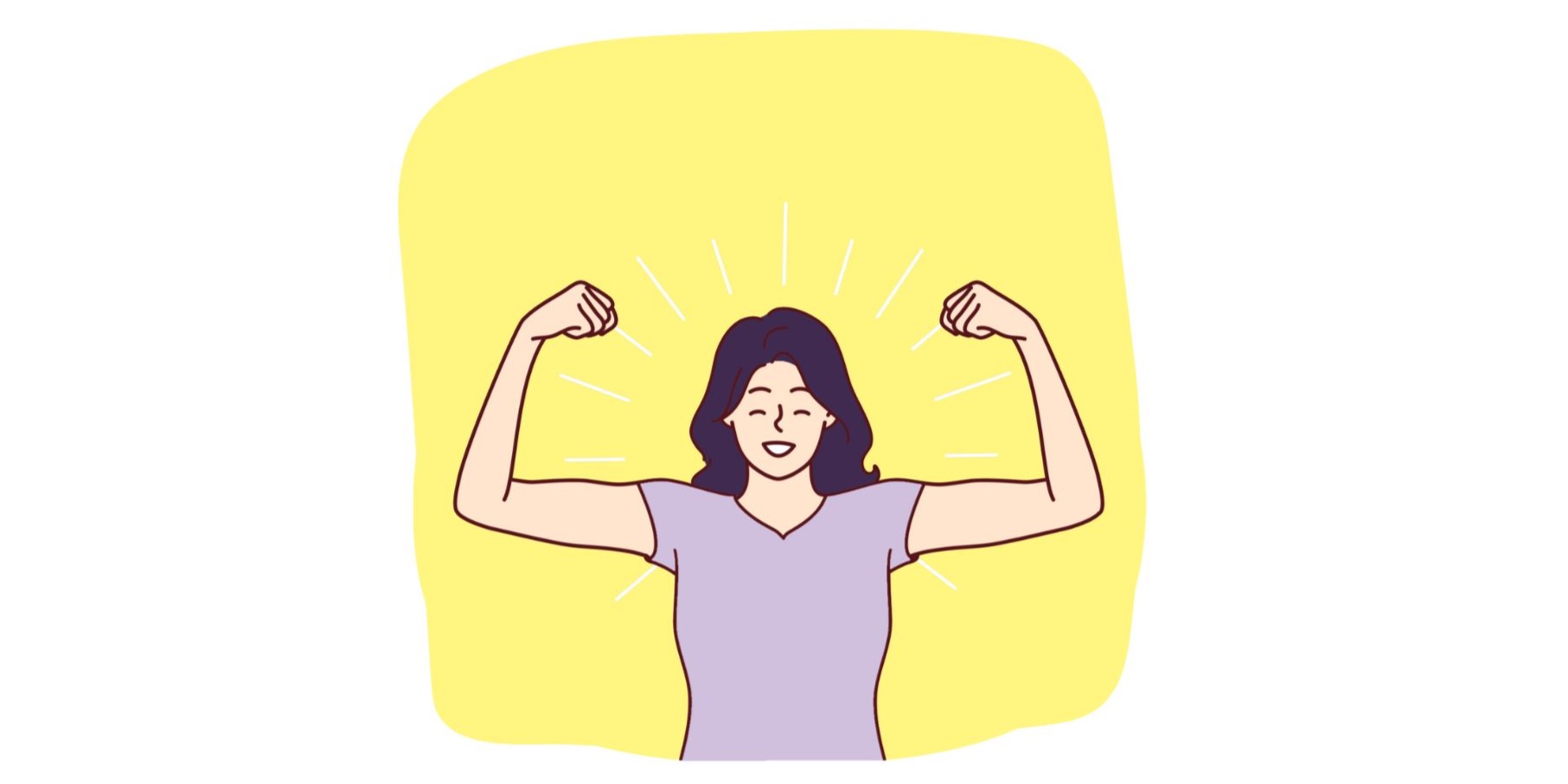Work in Progress! We are building a new website about supported decision-making. We haven't finished checking the content yet. We want to make sure everything is clear and correct before we share it. Please come back soon to see the finished website.
How did it go?
Reflection isn't about scoring points. It isn't about being perfect. It's about learning and becoming more confident.

For the decision maker
Celebrating your choice
- How did you feel about your decision?
- Did you feel supported?
- Could you express what mattered to you?
Communication
- What helped you share your thoughts?
- Did your supporter really listen to you?
- Did you have enough time to decide?
Exploring your comfort zone
- Did your supporter help you understand all the options?
- Did you feel supported to manage risks?
Learning and Growing
- Would you do anything different next time?
- What helped you feel confident?
- Are there other decisions you want to make?
For the Supporter
Supporting the decision-maker
- Did you truly hear the decision-maker's preferences?
- Were you able to set aside your own ideas?
Supporting choices and risks
- How did you help explore different options?
- Did you support the person even when choices seemed risky?
- Did you understand your own feelings about risk?
Celebrating their decision
- Were you genuinely happy that they made their own decision? This is different to being happy with the choice they made. You don’t have to agree with their decision.
- Did the decision truly reflect their wishes?
Learning together
- What communication methods worked well?
- Did you discover new ways to support them?
- What challenges did you face?
- How can you improve next time?
- Have you noted down these learnings to use next time?
Ron's story
Ron supported his wife Diana, who has dementia.
Diana chose to go walking in the park on her own. Sticking to the main tracks helped to reduce the risk.
Ron reflected on his own feelings about risk. He reflected on why the decision was important to Diana. He learnt to be more supportive of Diana’s choices and strengths.
You can meet Ron in this video. The video is about 3.5 minutes long
This story is shared from the Cognitive Decline Partnership
Video transcript
On-screen: Logo for Cognitive Decline Partnership. Ron's Story. Ron Sinclair. Diana's Husband
I'm Ron Sinclair and my wife was Diana, she got early onset familial dementia, Alzheimer’s disease probably.
I struggled at times with knowing what was the right thing to do. My wife wass a very proud person, very dignified. Losing her memory and losing her language was an incredibly confronting thing for her and very undignified.
And for me, I struggled to know how to allow her to make certain decisions about what she was going to do and what the risks were. We lived at the end of a dirt track next to a National Park. She wanted to walk in the park. And allowing her to do that, particularly when she wanted to do her own, I struggled with. But I knew because of the person she was, this was really, really important.
And so I used to allow that. She did sometimes get lost. Sometimes she would wander away from home. Fortunately, we had a terrific community group around us and I went and talked to the people and told them what was going on. And so people would find her and bring her home and so it worked pretty well for a long time.
It was it was good I mean I did have to think about what was a lot what were the risks out there here because it was a national park and it's quite a wild area. But by and large, she didn't go where it was particularly dangerous; I knew that she would stay on the tracks.
You need to balance what are the risks involved. You've got to look at the whole picture. What are the worst possible things could happen?
What are the best outcomes that you might achieve?
Risk isn't just to somebody's personal health and well-being when you're
dealing with someone with dementia. You're trying to give them the best possible life that you can together.
You need to try and keep the dignity up.
You need to try and keep their social contacts up
You need to not hide them away.
Taking away somebody's autonomy completely and avoiding any form of exposure to risk is much worse.
I think you can't live in cotton wool.
You have to weigh out what the costs and benefits are.
Don't think about what they can’t do. Look at what they're still capable of doing.
And you have to look after yourself too. So it's not only risk to that person, it's the risk to yourself and your own well-being and your own health. Because if you're not there, you know there's nobody to look after the person.
I was guilty I know, I think, of overriding some of some of the things that my wife wanted to do, trying to make my life a bit easier because I was buggered. I was worn out.
It's very often easier to make decisions that are easier to feel yourself. I think you need to be careful about that, because the person you're looking after may still have plenty of capacity. They know what's going on. Don't assume that they don't. And I think that's important.